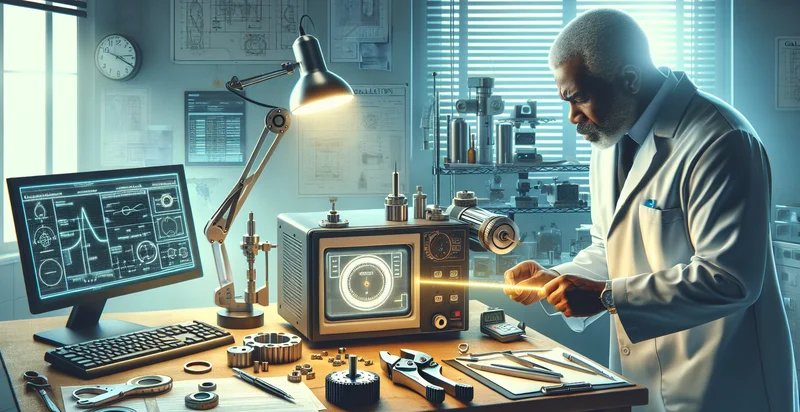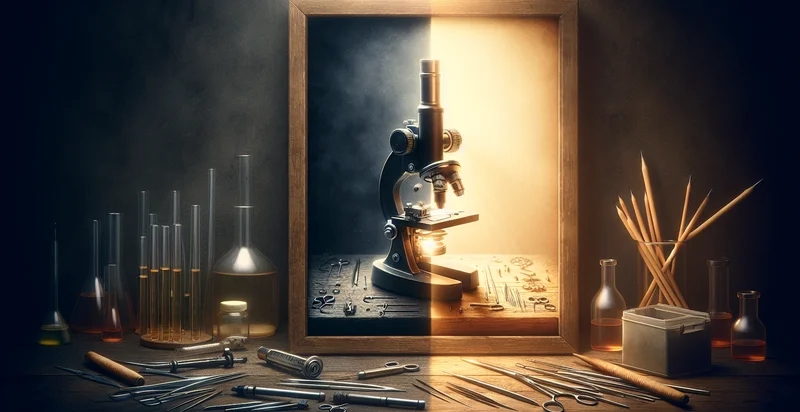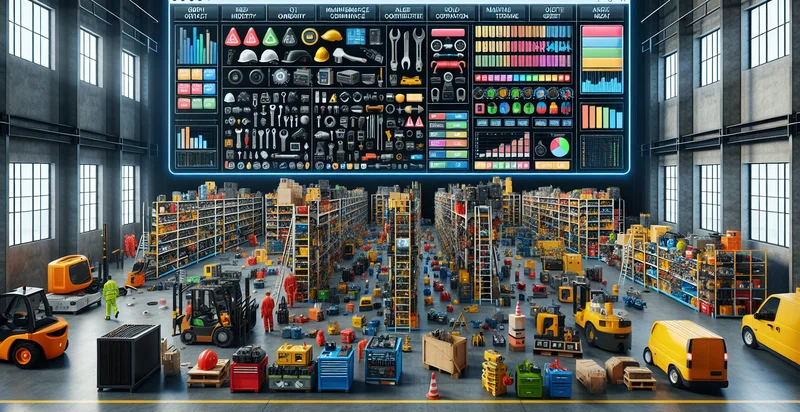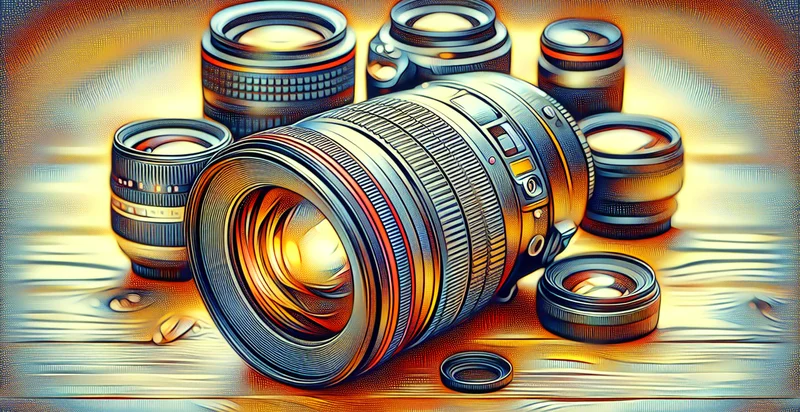Identify calibration status
using AI
Below is a free classifier to identify calibration status. Just upload your image, and our AI will predict if the calibration status is accurate - in just seconds.

Contact us for API access
Or, use Nyckel to build highly-accurate custom classifiers in just minutes. No PhD required.
Get started
import nyckel
credentials = nyckel.Credentials("YOUR_CLIENT_ID", "YOUR_CLIENT_SECRET")
nyckel.invoke("calibration-status", "your_image_url", credentials)
fetch('https://www.nyckel.com/v1/functions/calibration-status/invoke', {
method: 'POST',
headers: {
'Authorization': 'Bearer ' + 'YOUR_BEARER_TOKEN',
'Content-Type': 'application/json',
},
body: JSON.stringify(
{"data": "your_image_url"}
)
})
.then(response => response.json())
.then(data => console.log(data));
curl -X POST \
-H "Content-Type: application/json" \
-H "Authorization: Bearer YOUR_BEARER_TOKEN" \
-d '{"data": "your_image_url"}' \
https://www.nyckel.com/v1/functions/calibration-status/invoke
How this classifier works
To start, upload your image. Our AI tool will then predict if the calibration status is accurate.
This pretrained image model uses a Nyckel-created dataset and has 2 labels, including Calibrated and Needs Calibration.
We'll also show a confidence score (the higher the number, the more confident the AI model is around if the calibration status is accurate).
Whether you're just curious or building calibration status detection into your application, we hope our classifier proves helpful.
Related Classifiers
Need to identify calibration status at scale?
Get API or Zapier access to this classifier for free. It's perfect for:
- Quality Control in Manufacturing: The calibration status identifier can be used in manufacturing settings to ensure that machinery and equipment are operating within specified limits. By classifying images of calibrated instruments, organizations can quickly identify deviations and initiate corrective actions, thereby minimizing defects and enhancing product quality.
- Robotics Maintenance: In robotic systems, the calibration status identifier can monitor the alignment and calibration of sensors and actuators. This ensures that robots operate with precision and maintains overall system reliability, reducing downtime and maintenance costs.
- Aerospace Inspections: The identifier can assist aerospace engineers in verifying the calibration status of critical components in aircraft. Reviewing images of these components helps ensure safety standards are met, enabling timely maintenance actions to prevent failures in flight.
- Healthcare Equipment Verification: Hospitals can utilize the calibration status identifier to confirm that medical equipment, such as imaging machines and lab devices, are accurately calibrated. Regular checks facilitate compliance with health regulations and ensure patient safety, leading to improved care quality.
- Automotive Sensors Assessment: Automotive manufacturers can employ this function to verify the calibration status of various sensors within vehicles, such as cameras and LiDAR systems. By ensuring proper sensor calibration, organizations can enhance autonomous vehicle performance, safety, and reliability.
- Calibration Audits in Laboratories: Laboratories can use the identifier as part of their routine calibration audits to classify and verify the calibration status of their equipment. This provides assurance of measurement accuracy and conformity to regulatory standards, vital for maintaining certifications and trustworthiness.
- Construction Equipment Tracking: Construction firms can leverage the calibration status identifier to monitor and manage the calibration status of various heavy machinery. By regularly ensuring that equipment is correctly calibrated, firms can avoid costly mistakes and accidents, optimizing project timelines and budgets.


